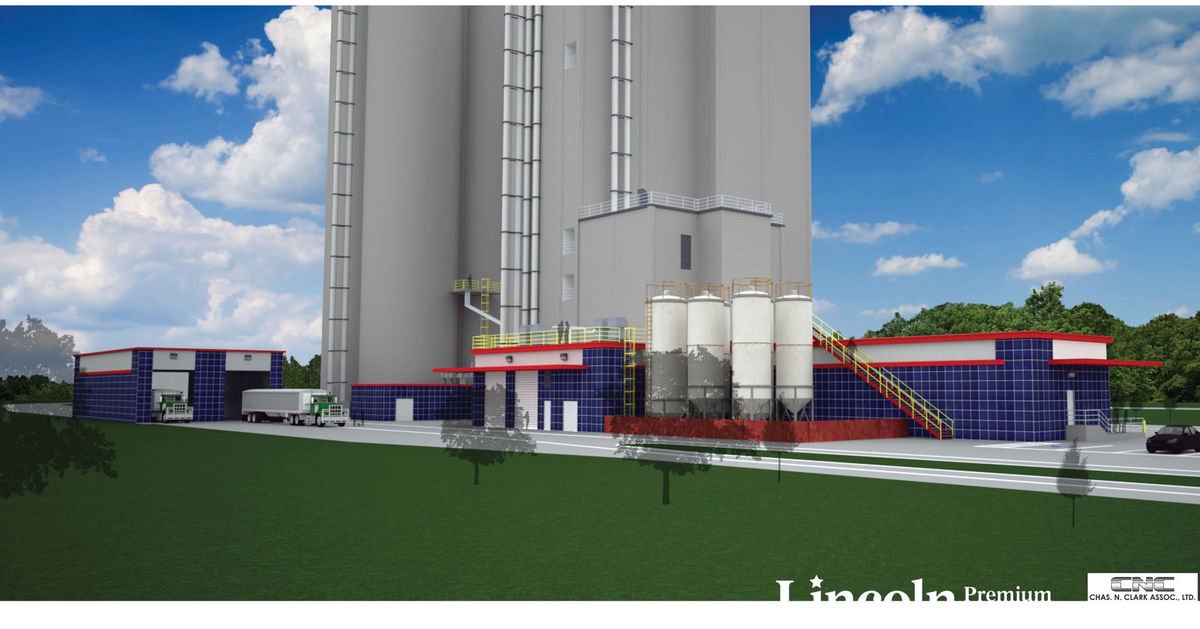
Opponents have lodged a long list of complaints against the chicken-processing operation Costco wants to build in Fremont, pushing back with concerns about pollution, illegal immigrant workers and whether farmers will get a fair shake.
But there has been little talk about the welfare of the birds or of the people who will slaughter them, areas where activists nationally have been agitating for change — and having some recent success.
The Fremont plant will face scrutiny from activists and Costco shoppers alike, as Costco makes its first move into owning and slaughtering its own livestock.
Activists are fighting major U.S. chicken processors on many fronts, including a push to end a common slaughter process in which workers hang live, flapping birds by their feet, then send them down a line where they are stunned in water with an electric current, have their throats slit and are dunked in scalding water to loosen their feathers.
The process sometimes fails, sending chickens to be scalded alive — more than 675,000 last year, according to USDA records, still a small fraction of the 8.8 billion chickens slaughtered in the U.S. annually.
Lincoln Premium Poultry, the Georgia company hired to run Costco’s plant, told The World-Herald that it will use the latest technology to improve conditions for both chickens and the workers it hires to process them.
It will use, for example, a different slaughter method, preferred by animal activists, that uses carbon dioxide to render birds unconscious before they are shackled. The practice, called controlled-atmosphere stunning, is said to result in safer conditions for workers and a more accurate and pain-free kill process for the birds.
Better slaughterhouse practices can be costly, and Costco shoppers expect to buy fresh food at value prices. But concern for the environment and for the people along the supply chain is part of that value equation for the warehouse retailer’s customers, said Sara Al-Tukhaim, director of retail insights at Kantar Retail in Boston.
“They are more likely to seek out ‘better for me’ products and messages, and this extends to ‘better for my community and my environment,’ too,” she said, especially among younger shoppers who will be the next generation of store “members” — shoppers who pay $55 or more for a store membership so they can shop.
Those membership fees are an essential component of Costco’s revenue, and anything that harms Costco’s brand or reputation risks eroding that revenue stream, Al-Tukhaim said. By owning its own plant, she said, Costco will have more power to control quality and labor issues.
Also in response to activist and shopper demands, Costco is increasingly sourcing organic food and has made changes to its product lineup, such as a promise made in December to sell only cage-free eggs, Al-Tukhaim said.
Costco’s Nebraska chicken plant is expected to start production in August 2018, slaughtering birds raised by a network of area farmers working on contract.
Fremont elected officials last week approved a redevelopment agreement clearing the way for the project; if Costco proceeds, it will file applications for building permits and other approvals. The $300 million plant would employ between 800 and 1,000, a number Lincoln Premium Poultry revised from an earlier projection of 1,100 workers. Officials say it would pump $1.2 billion annually into the area’s economy.
Plans are progressing at a time when Perdue, America’s third-largest chicken producer, is introducing changes that animal rights groups are championing as a major step forward in animal welfare.
Perdue said in June that it will begin killing chickens with controlled-atmosphere stunning, the first major U.S. company to announce that it will use this procedure. It also will expose chickens to more natural light, boost their activity levels and reduce the expectations for how fast chickens must grow.
Perdue’s initiative, which took ideas from smaller organic companies that Perdue had acquired, follows a rise in consumer demand for better slaughterhouse practices.
Retrofitting plants and processes to make changes for animal welfare can be expensive. Brett Hundley, agribusiness analyst for BB&T Capital Markets, said Perdue’s initiative could increase costs by 5 to 15 percent, but it appeals to consumers who are increasingly worried about animal welfare.
The Humane Society of the United States, which worked with Perdue, said it has been in touch with Costco about the Nebraska plant, though it declined to share details about any conversations.
“Our hope is that Costco and other companies will require standards around the same animal welfare issues that Perdue is now so proactively addressing,” said Matthew Prescott, senior director for food policy. “It’s certainly positive that Costco is using better slaughter methods, and that will improve many birds’ final moments,” he said. “Environmental enrichments — like natural light — are also a prominent issue.”
Costco said it will run the plant in accordance with its mission to provide members with high-quality goods at low prices, adding that “we do not believe that price is the sole determinant of value,” said Jonathan Luz, the company’s director of strategic planning and development. “Our policies and approach will be consistent with our culture and will reflect the level of care that our members have come to expect from us.”
Costco is not chasing every trend with the project: Its barns will not have windows with natural light. The chickens will probably not be certified organic and won’t be “raised without antibiotics,” a label increasingly seen on supermarket chicken. “We are considering the judicious use of antibiotics,” Luz said.
The chicken will be water-chilled, not air-chilled; air-chilling advocates say the process results in less water-logged, better-tasting chicken. But the plant will be built to leave room for an air-chilling process, should consumers demand it.
Besides the controlled-atmosphere stunning, the plant will use technology in other ways to improve things for the chickens, said Walt Shafer, project manager for Lincoln Premium Poultry.
Trucks and barns will be temperature-controlled, Shafer said. Chickens that spend less time in transit, or under less stressful conditions, grow better, and flocks see lower mortality rates. Farmers’ contracts will include animal welfare provisions, yet to be finalized.
Technology will similarly make workers’ lives easier, Shafer said. He said Lincoln Premium Poultry toured European poultry plants to see the latest, most humane equipment and practices in use. Modern equipment means workers won’t have to handle as many repetitive cutting tasks. Machines will do more of the dirty work of slaughter: eviscerating the birds, removing their feet and feathers and other parts, including the bones.
Workers, with a base pay of $13 an hour, will have some repetitive tasks, but also are there to inspect the machines’ work and back up the processes in case of error, he said. There’s a trade-off, he said: The plant may not see as high a yield but will have fewer labor issues.
Working conditions for poultry plant workers came under fire this year with a report from Oxfam America, describing the work as “rapid, repetitive and low-paying,” with high injury rates. The report included tales of some workers who were denied bathroom breaks and resorted to wearing diapers.
Shafer said Fremont plant workers on two nine-hour daily processing shifts will have two 30-minute breaks per shift and will rotate routine jobs during the day to reduce repetition. Workers will be invited to participate in a safety committee where they can share ideas on how to prevent injuries.
About 60 percent of the workers will be considered production line workers, with 40 percent as higher-paid skilled workers; all will have employee benefits.
People concerned about chicken slaughtering practices may appreciate one key difference at the Costco plant: It will be constructed with an interior observation area, so community officials or even schoolchildren on field trips will be able to observe poultry processing in action.
Costco and its customers will have high expectations, Shafer said: “We’re committed to doing this right.”
[Source:- Omaha World herald]



